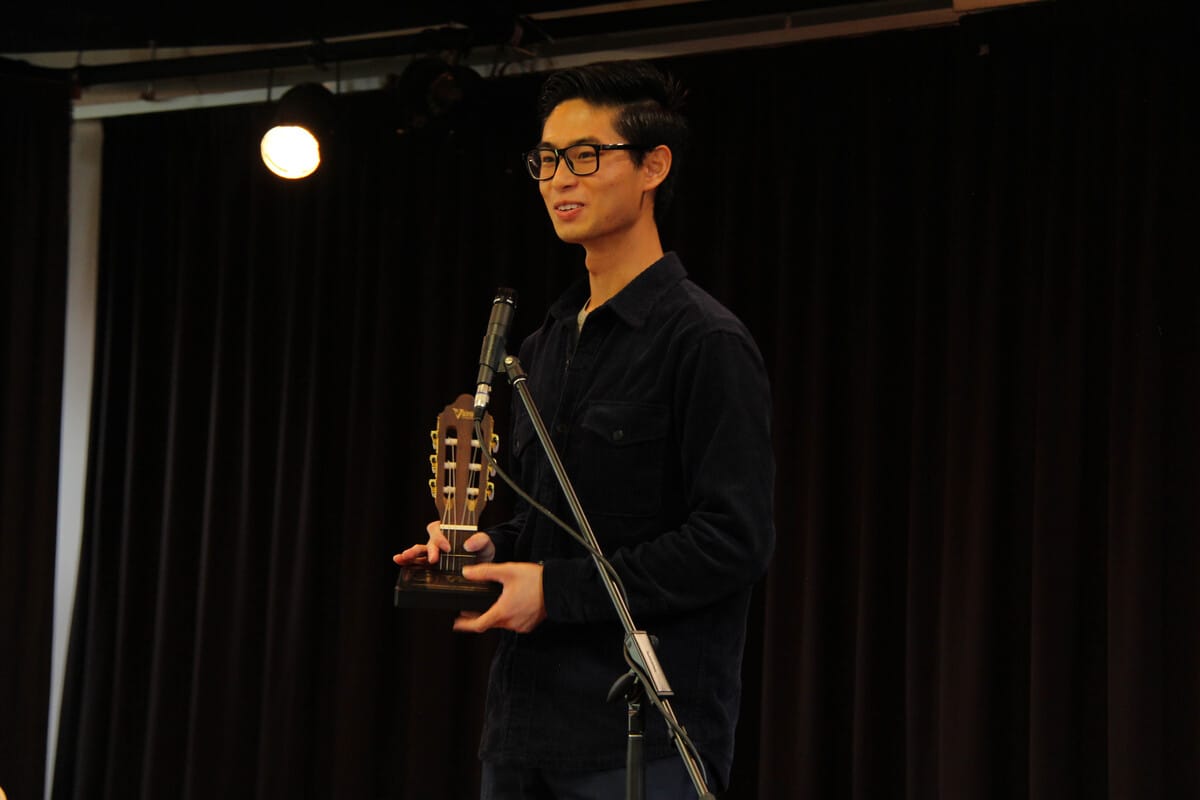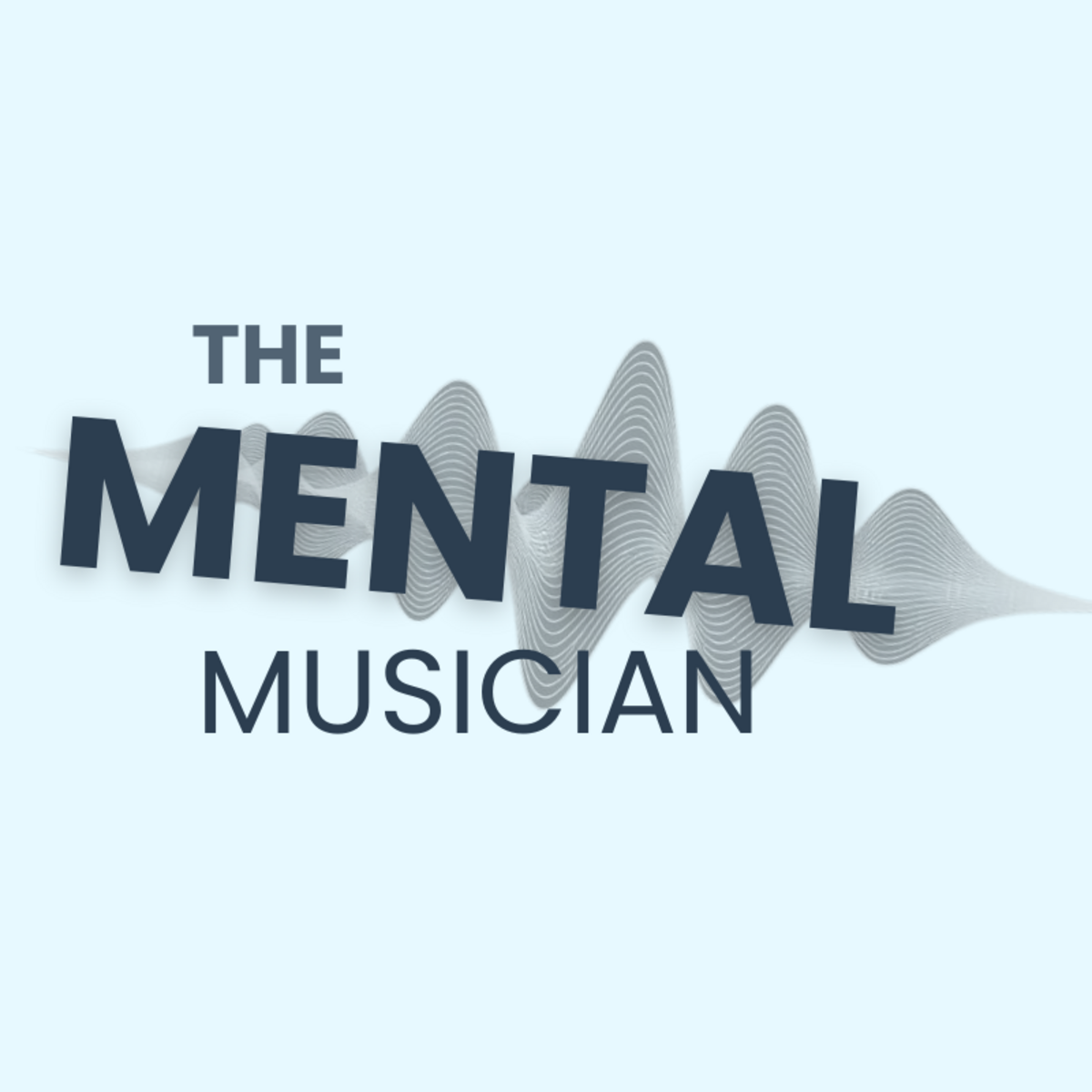Why are we the loneliest generation in history, despite being the most connected?
Social media has woven us into a web of instant communication, yet paradoxically, we face an epidemic of isolation. The contradiction is stark: more connected than ever, yet profoundly alone.
As a musician, I grappled with my own shadow of loneliness. I tried to justify it, convincing myself:
“This is just part of being an artist.”
“I’m an outsider; I don’t belong.”
“No one understands me, so I have to do this alone.”
Despite the shared experience of making music, I carried a constant sense of solitude. I used to think that feeling disconnected was normal, a side effect of choosing a creative path. But the truth was more complicated.
The sky felt limitless when I soared on the wings of my music, but I had no direction, no GPS, and nowhere to land. The vast expanse of creativity felt freeing—until it didn’t.
One moment brought this to a head: September 9th, 2017. A warm spring evening, following a wedding gig that was alive with love, unity, and joy. The air buzzed with laughter as 300 guests celebrated a new chapter in the couple’s life. I was honored to perform Beyoncé’s “Halo” for the newlyweds’ first dance, each note binding me, momentarily, to their happiness.
But when the music ended, so did my sense of belonging. Driving home, the joy of the crowd evaporated into the heavy silence of my car. Each mile on that empty road pulled me deeper into a void, transforming shared laughter into a profound isolation.
How could I feel so connected while playing music, yet so disconnected once it was over?
My musical journey had always been solitary. While others joined orchestras and music camps, I practiced alone in my bedroom, my only company the guitars lining the walls. Even when surrounded by the energy of a gig, I remained an island—trapped in a paradox where I shared my soul with the world but felt unseen and unheard.
The digital age offered no refuge. I had a smartphone full of contacts but felt each name was a distant star in an ever-expanding void. Even in a crowd, my mind replayed its lonely echo.
At home, my heroes’ posters glowed with promise. But their brilliance only highlighted the shadows of my own existence. My diary became a museum of unfulfilled dreams—numerical goals and hollow achievements I chased for validation:
1 million YouTube subscribers.
1 million Spotify streams.
A $100,000 savings goal.
Awards, new gear, a new car—all empty milestones.
Each goal seemed weightless, driven by a need for recognition. The worst? Applying to music competitions judged by purists who dismissed any art outside their narrow vision. My aspirations felt like a desperate plea for validation.
In the quiet of self-reflection, I saw the truth. My goals weren’t for me but for the applause of strangers, a bandage over my gaping loneliness.
How did I change?
Sometimes, you must give a piece of yourself to the world, not for applause but to create a sense of meaning and purpose beyond your ego. Real transformation came when I let go of chasing accolades and sought connection instead.
Instead of pursuing fame or perfection, I embraced my role as a catalyst for change. Music wasn’t just strings and melodies but a chance to instill hope, belief, and love in others. I remembered this quote from of my hero, Tommy Emmanuel:
“I am in the happiness business. I play guitar, and you get happy.”
It was time to redefine my purpose and be in the happiness business.
This change in perspective didn’t just affect my music—it touched every part of my life. Performances became less about proving myself and more about creating unforgettable moments for others. I poured my heart into making each gig a memory worth holding onto, connecting with my audience in ways that transcended the music itself.
My phonebook transformed, too. It wasn’t just a list of people to call; it was a network of souls I’d shared laughter, stories, and vulnerable moments with. My heroes, who once seemed distant, became kindred spirits guiding me toward a life built on compassion and purpose.
Through this shift, my loneliness began to dissolve. I found comfort in the connections I had forged, even when I was physically alone. I knew that by pouring my soul into my craft and my community, I was part of something greater—a collective pursuit of meaning and belonging.
The impact I left on others became more fulfilling than any award or applause. The moments of resonance and shared humanity felt permanent, a legacy that transcended my individual achievements. It was a reminder that while material success is fleeting, the bonds we form and the lives we touch are what truly matter.
That’s the kind of legacy I want to leave: one of connection, compassion, and music that brings us together. And maybe, just maybe, that’s the kind of impact you can leave, too.
What about you?
We all seek connection and purpose. Are your pursuits feeding your ego or fulfilling your soul? How are you using your gifts to enrich the lives of others?
Remember, the legacy of your music or passion is measured by the connections you make and the hope you inspire.
How will you create moments that echo in the hearts of others?
Thanks for reading!
I’m thinking of introducing a paid tier to the newsletter, but only if it genuinely adds value for you.
- An Extra Weekly Newsletter: More insights, stories, and strategies each week.
- Top 5 Takeaways PDFs: Downloadable guides summarizing the most important lessons from each newsletter.
- Monthly Zoom Meetups: A live session where I share insights on mental health challenges in music (like anxiety and imposter syndrome), plus space for us to open up and support each other.
- Audio Narration: An audio version of each newsletter so you can listen on the go.

